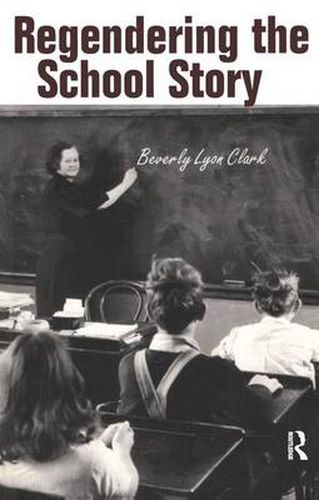Readings Newsletter
Become a Readings Member to make your shopping experience even easier.
Sign in or sign up for free!
You’re not far away from qualifying for FREE standard shipping within Australia
You’ve qualified for FREE standard shipping within Australia
The cart is loading…






Beverly Clark provides a cultural criticism of the school story, drawing upon the work of Derrida, Foucult, Spivak, Garger, and Jameson, among others. This is a study of the cross-gendering of the school story and explores the intersections of gender and age. Clark argues that marginalized works such as the school story - written for boys by women or for girls by men - can give voice to the cultural contradictions that inhabit a genre as well as a culture. Moreover, race, class, and gender are always discussed by theorists of marginality, but not age, and not children - and not children’s literature. This book argues that children’s literature should receive the same critical scrutiny as adult literature for critical critics, a schools’ story is important for understanding the intersection of literature and pedagogy and the politics of schooling.
$9.00 standard shipping within Australia
FREE standard shipping within Australia for orders over $100.00
Express & International shipping calculated at checkout
Beverly Clark provides a cultural criticism of the school story, drawing upon the work of Derrida, Foucult, Spivak, Garger, and Jameson, among others. This is a study of the cross-gendering of the school story and explores the intersections of gender and age. Clark argues that marginalized works such as the school story - written for boys by women or for girls by men - can give voice to the cultural contradictions that inhabit a genre as well as a culture. Moreover, race, class, and gender are always discussed by theorists of marginality, but not age, and not children - and not children’s literature. This book argues that children’s literature should receive the same critical scrutiny as adult literature for critical critics, a schools’ story is important for understanding the intersection of literature and pedagogy and the politics of schooling.